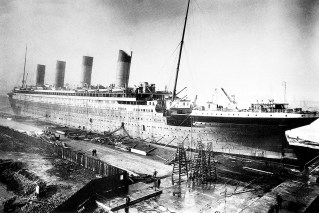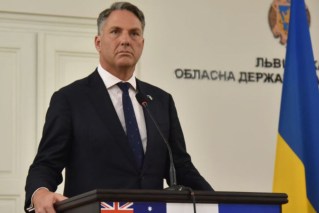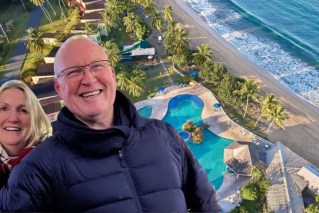New Panama Papers revelations

A searchable database of more than 200,000 people and companies, including Australians, found in the Panama Papers investigation has been released, stripping away the layers of secrecy shrouding companies, trusts and foundations created in 21 jurisdictions around the world.
The database, published early Tuesday morning, contains nearly 214,000 offshore entities created in 21 tax havens across the world by Panamanian law firm Mossack Fonseca on behalf of its clients.
These companies are searchable by the names of their officers, as well as by company name, intermediary name and registered address. The New Daily is trawling the list for high-profile Australians.
• Why the Panama Papers matter
• Aussie pollies flat-footed in Panama scandal
• Australians named in dark-money database
The database was compiled by The International Consortium of Investigative Journalists (ICIJ) from 11.5 million documents dated from 1977 to 2015. The documents were leaked by a whistleblower known only as ‘John Doe’, who accused the Panamian law firm of “sordid acts”.

An alleged hack of the Mossack Fonseca law firm revealed the identities of many shell company owners. Photo: Getty
“Mossack Fonseca used its influence to write and bend laws worldwide to favour the interests of criminals over a period of decades,” John Doe wrote in a statement last week.
“I decided to expose Mossack Fonseca because I thought its founders, employees and clients should have to answer for their roles in these crimes, only some of which have come to light thus far. It will take years, possibly decades, for the full extent of the firm’s sordid acts to become known.”
A total of 1703 Australian-connected company officers were identified in the database. Some of these were duplicate names or holding companies rather than real persons. A greater number of persons in the database may be Australian, but were not described as such.
The public release of the leaked information followed a period where only select journalists and government officials were given access. During this period, world leaders such as Russian president Vladimir Putin, British prime minister David Cameron, former Iceland prime minister Sigmundur David Gunnlaugsson and former Spanish industry minister Jose Manuel Soria were linked to the law firm’s list of clients.
A spokesman for the international Tax Justice Network welcomed the publication of the data.
“So far it’s been used by the ICIJ consortium of, you know, about 370 journalist have had access just to the data for a year ago or so. Now it’s going to be opened up, and I think that will be very valuable because there’s a lot of new analysis to be done,” Columbia University professor James S Henry told the ABC on Monday.
The ICIJ stressed that individuals named in the leaks have not necessarily broken any laws, as offshore companies can be used legally. The Mossack Fonseca law firm denies any wrongdoing.
The scrutiny caused by the Panama leaks has prompted action. For example, the Turnbull government’s recent budget pledged a new diverted profits tax from July 2017.
The measure would impose a penalty tax rate of 40 per cent on companies operating in Australia with global revenue over $1 billion that use offshore profit shifting without good reason to reduce their tax bill below 80 per cent of what they would ordinarily pay.
A major conference, the UK Anti-Corruption Summit, attended by representatives of 40 nations will also be held this week in London, England.








